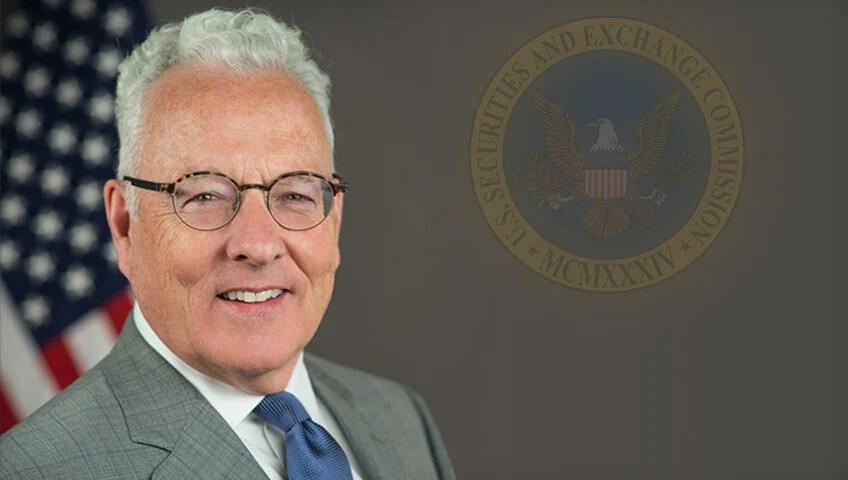The United States Securities and Exchange Commission (SEC) has made a collection of documents public as part of its ongoing legal battle with crypto company, Ripple. Markedly, the SEC filed a lawsuit against Ripple in 2020. They accused them of raising $1.3 billion through the sale of unregistered securities in the form of their token, XRP.
A judge ordered the release of documents, including emails and notes. Of course, it has caught the attention of many in the Web3 community. They believe that these documents provide valuable insights into the SEC’s approach to regulating the crypto industry. Additionally, they could even have an impact on the legal classification of Ethereum and Bitcoin. Let’s take a closer look.
TL;DR:
- SEC documents reveal details about William Hinman’s speech clarifying Ethereum’s non-security status.
- The documents acknowledge the possibility of a “regulatory gap” in the crypto space.
- The impact on NFTs is not directly addressed, but potential implications include increased scrutiny, clarity, and trust in the market.

Documents Shed Light on Ethereum’s Security Status. Image: William Hinman.
SEC’s Crypto Conversations: Insights from Unsealed Documents
The recently released documents are related to a speech given in June 2018 by William Hinman, who was the former director of the SEC’s Division of Corporation Finance. In that speech, Hinman clarified that the SEC did not view Ethereum as a security at that time. It’s important to note that this clarification happened before the SEC targeted Ripple’s cryptocurrency, XRP, as a security.
Moreover, the unsealed documents provide insights into the development of Hinman’s speech. They also dive into the conversations that took place among SEC employees. The documents reveal that Brett Redfearn, who was the director of trading and markets at that time, found Hinman’s original language regarding Ethereum to be unclear.
The documents also disclose that the SEC had a conversation with Vitalik Buterin, the co-founder of Ethereum. Significantly, this was to ensure they understood how the Ethereum Foundation operates. SEC members expressed their desire to avoid categorizing Ethereum as a security, as they were concerned that such a statement could restrict their ability to change their position on Ethereum in the future.
Importantly, the documents also highlight the SEC’s recognition that tokens and crypto on a decentralized network may not be securities. Therefore, they may not require registration. Some individuals even noted the existence of a potential “regulatory gap” in the cryptocurrency space.

Potential Implications of SEC’s Involvement for NFTs
Many in the web3 community are wondering about the potential impact on NFTs. Although the SEC documents relate to crypto and do not directly address NFTs, there are possible scenarios to consider. Firstly, the SEC’s clarification on Ethereum’s status could bring more clarity to NFTs on the Ethereum network. If the SEC’s view on Ether applies to other tokens too, it might mean that certain types of NFTs could also be seen as non-securities.
Furthermore, the SEC’s involvement in crypto regulation, such as its legal dispute with Ripple, could mean that NFTs may face closer examination by regulators. This could lead to increased scrutiny, potential regulatory actions, or additional requirements related to NFTs. Finally, if regulatory bodies like the SEC provide clearer rules and guidance, it could potentially enhance trust in the NFT market. This increased confidence may attract more artists, collectors, and investors to participate. Thus, creating a stronger and more sustainable NFT community.
All investment/financial opinions expressed by NFTevening.com are not recommendations.
This article is educational material.
As always, make your own research prior to making any kind of investment.








